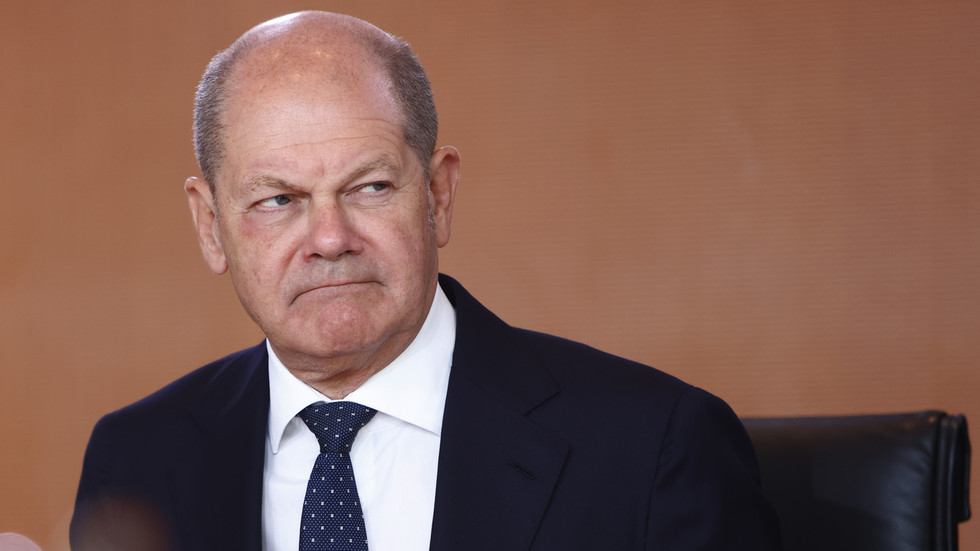 Iná Jost
Iná JostOct 07 (IPS) -
CIVICUS discusses the recent Twitter/X ban in Brazil with Iná Jost, lawyer and head of research at InternetLab, an independent Brazilian think tank focused on human rights and digital technologies.
Brazil's Supreme Court recently upheld a ban on Elon Musk's social media platform X, formerly Twitter, after it repeatedly refused to comply with orders to moderate content. The court ordered tech companies to remove X from app stores and imposed fines for continued access via VPNs in Brazil. This appeared to cause users to switch to alternatives such as Bluesky and Threads. Musk condemned the ban as an attack on free speech, but has since backed down and complied with the court's orders. Debate continues over the controversy's implications for democracy and accountability.
 Iná JostWhy did the Brazilian Supreme Court ban X?
Iná JostWhy did the Brazilian Supreme Court ban X?The case began on 7 August when a Supreme Court justice, investigating ‘digital malicious activities', ordered the blocking of seven X profiles for intimidating law enforcement officers and directly threatening the integrity of the court and democracy in Brazil.
X refused to comply with the order, claiming it violated freedom of expression. The judge then imposed a daily fine for non-compliance, which was subsequently raised and ended up amounting to over US$3 million as Musk continued to refuse to comply. At one point, the justice ordered the freezing of X's financial assets in Brazil, but they weren't enough to cover the fines.
After more back and forth, tensions escalated when the judge also froze the bank accounts of satellite internet company Starlink, arguing that both companies were part of the same economic group. This caused some controversy, as Starlink operates in a different sphere and its operations aren't entirely linked to X.
The turning point came when X closed its headquarters in Brazil. Without a legal representative in the country, the court found it difficult to enforce its orders or impose additional penalties. It then gave X 24 hours to appoint a new representative, which it failed to do. As a result, on 30 August, the court ordered the closure of X.
It is important to mention that the court is not super transparent and the whole procedure was carried out under seal. We are unable to grasp the full picture because the process is closed and not all decisions are made public.
What was the legal basis for the decision to close X?
The Court based its decision on Brazil's 2014 Civil Framework for the Internet. Under this law, platforms can be blocked for failing to comply with Brazilian laws or court orders. Some confusion arose over the notion that the ban was due to X's lack of a legal representative in Brazil; however, the shutdown resulted from the company's repeated refusal to comply with court orders.
Civil society raised concerns about some aspects of the decision. Initially, the order included blocking VPN services to prevent access to X, but this part was later reversed due to cybersecurity risks. Blocking VPNs that serve legitimate purposes would have been disproportionate. The order also proposed a US$9,000 fine for users trying to circumvent the ban, which many felt was excessive. We believe the focus should be on holding the company accountable, not punishing individual users.
Is it possible to strike a balance between regulating online platforms and protecting freedoms?
It is. Regulating platforms isn't necessarily about censorship. In this case, it's about ensuring a powerful company operates transparently and protects users. Platforms acting solely in their commercial interests can harm the public interest. Regulation can force them to provide clear terms and conditions and fair content moderation policies and respect due process for content removal.
The belief that any form of regulation threatens freedom of expression is misguided. Thoughtful regulation that allows users to express themselves while protecting them from harm such as hate speech or misinformation can balance the scales.
Musk's stance in this case is deeply problematic. His selective compliance with court orders undermines the rule of law. While platforms like X are crucial to public communication, that doesn't give them the right to defy the legal system they operate in. Freedom of expression does not absolve platforms of their legal responsibilities, particularly when those laws protect the integrity of democracy.
Musk's claim that X represents absolute freedom of expression fails to consider the risks of a platform without proper rules. Without moderation, platforms can become havens for extremist groups, hate speech and disinformation. They should be regulated to ensure they remain a space for lawful discourse.
Do you think this case will set a precedent?
I don't think so. Some people are worried other platforms could be blocked as well, but I don't think that will happen. This is a unique scenario, and Brazil is a strong democracy. This wasn't an act of censorship by the judiciary but a necessary measure given the platform owner's refusal to comply with court orders.
States should develop regulatory mechanisms that allow them to hold platforms accountable and ensure compliance with national laws. This would avoid the need for outright blocking, which ultimately harms the users the most. While the company might incur some financial losses, journalists and citizens are losing access to a vital information and communication tool.
I hope states that are serious about regulating platforms will see this as an example of what shouldn't happen. We shouldn't allow things to escalate to this point. And we certainly shouldn't use this as a leading case for blocking platforms.
Get in touch with InternetLab through its website or its Instagram and Facebook pages, and follow @internetlabbr on Twitte.
Follow @IPSNewsUNBureau
Follow IPS News UN Bureau on Instagram
© Inter Press Service (2024) — All Rights ReservedOriginal source: Inter Press Service

 2 months ago
17
2 months ago
17









